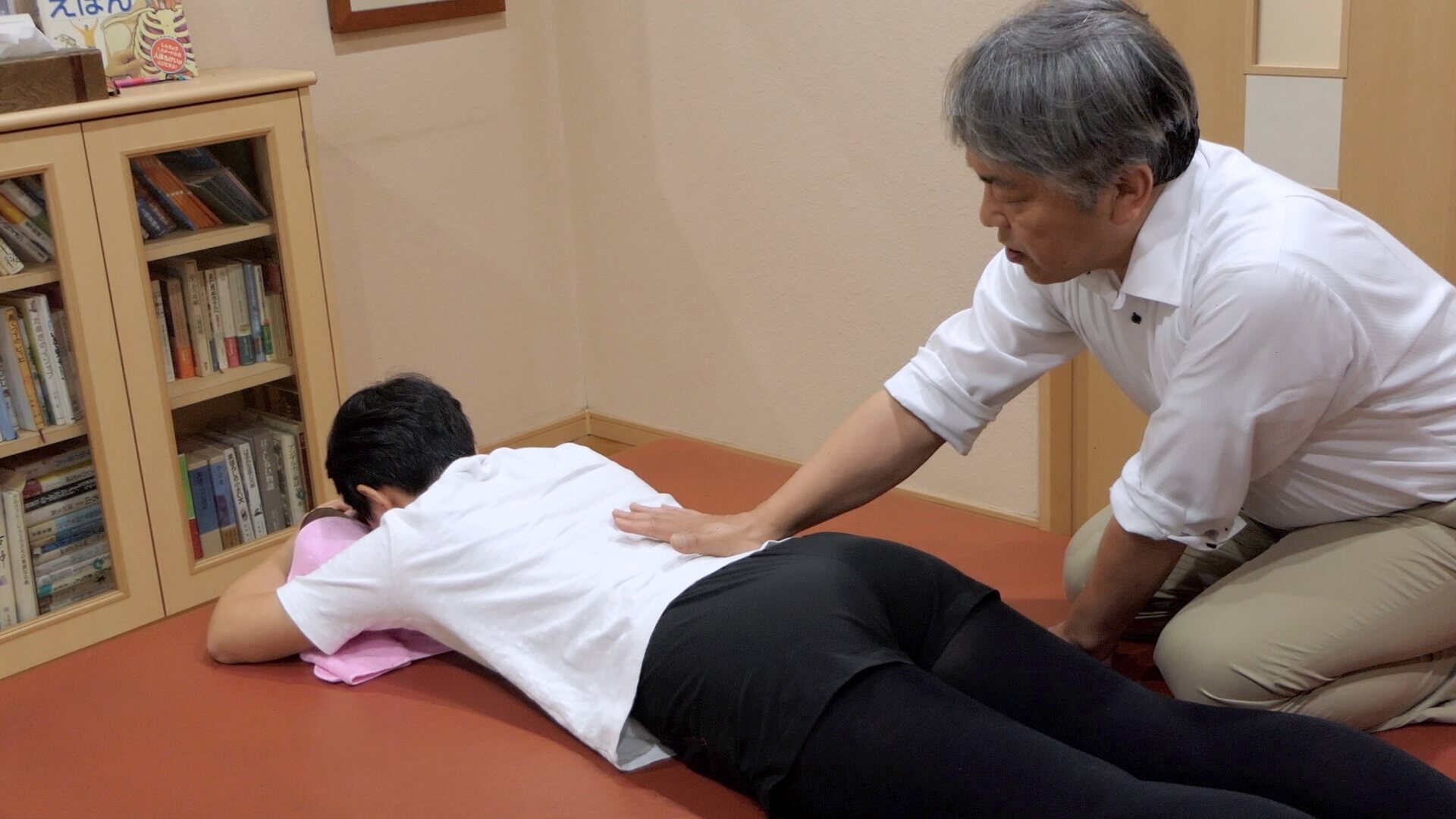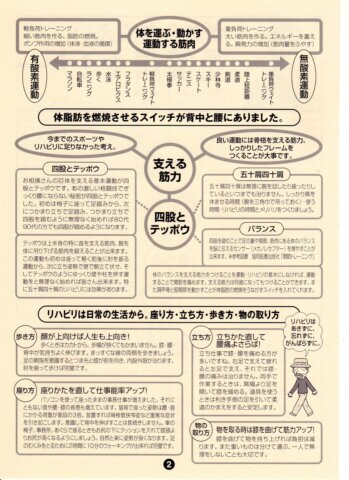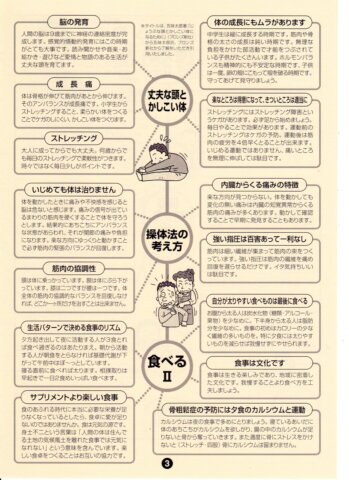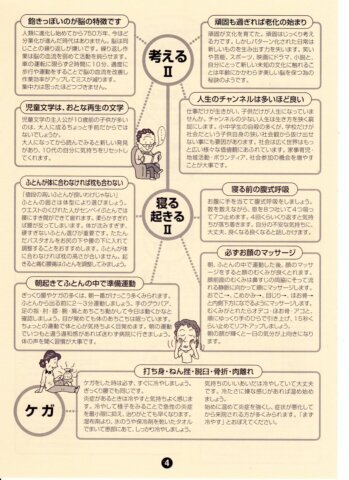I am writing this column because I was commented that my expression “comparing leg lengths” in the video is a fake treatment when I measure leg lengths on YouTube videos because people recognize it as “measuring leg lengths.
I am not measuring the length of the femur and lower leg, but comparing the “apparent difference in length of the lower leg” between prone and supine. For example, if the right leg has a tendency to walk with the toes pointing outward when walking, the hip joint will also be stressed outward, and the right leg will often appear shorter when supine. There is also a difference in tension between the left and right dorsal muscles, which often results in symptoms of pseudo-scoliosis. These symptoms usually improve after treatment.
However, it is important to maintain a well-balanced body, as pseudo-scoliosis can change over time, even changing the shape of the skeleton.
Even after treatment, some patients may still have a difference in the length of their lower limbs, even if their main symptoms have improved, and when the length of the lower leg and femur is measured, there is sometimes a difference in bone length between the right and left sides. (In such cases, we may consult with our affiliated orthopedic surgeons, or we may use shoe insoles to compensate for the difference.
When comparing the length of the lower limbs in the prone position, we observe not only the difference between the right and left lower limbs, but also the condition of the soles of the feet, stiffness of the ankles and back of the knees (Baker’s cyst, etc.), lumbar back tension, and movement of the lower limbs when the patient turns his/her face from side to side.
Interestingly, in whiplash-like symptoms, the right lower limb appears shorter when the face is turned to the right and the same length when the face is turned to the left, and the left lower limb appears shorter when the face is turned to the left, or the lower limb on the side that feels difficult to turn is pulled toward the pelvis with back muscle tension and appears shorter in appearance. It is interesting to note that in cases of S scoliosis, there is a reversal of the left lower limb appearing shorter when the face is turned to the right and the right lower limb appearing shorter when the face is turned to the left.
When I look at the length of the lower limb, I am not measuring the length of the lower femur, but rather observing the imbalance of the body based on the difference in the apparent length of the lower limb.





